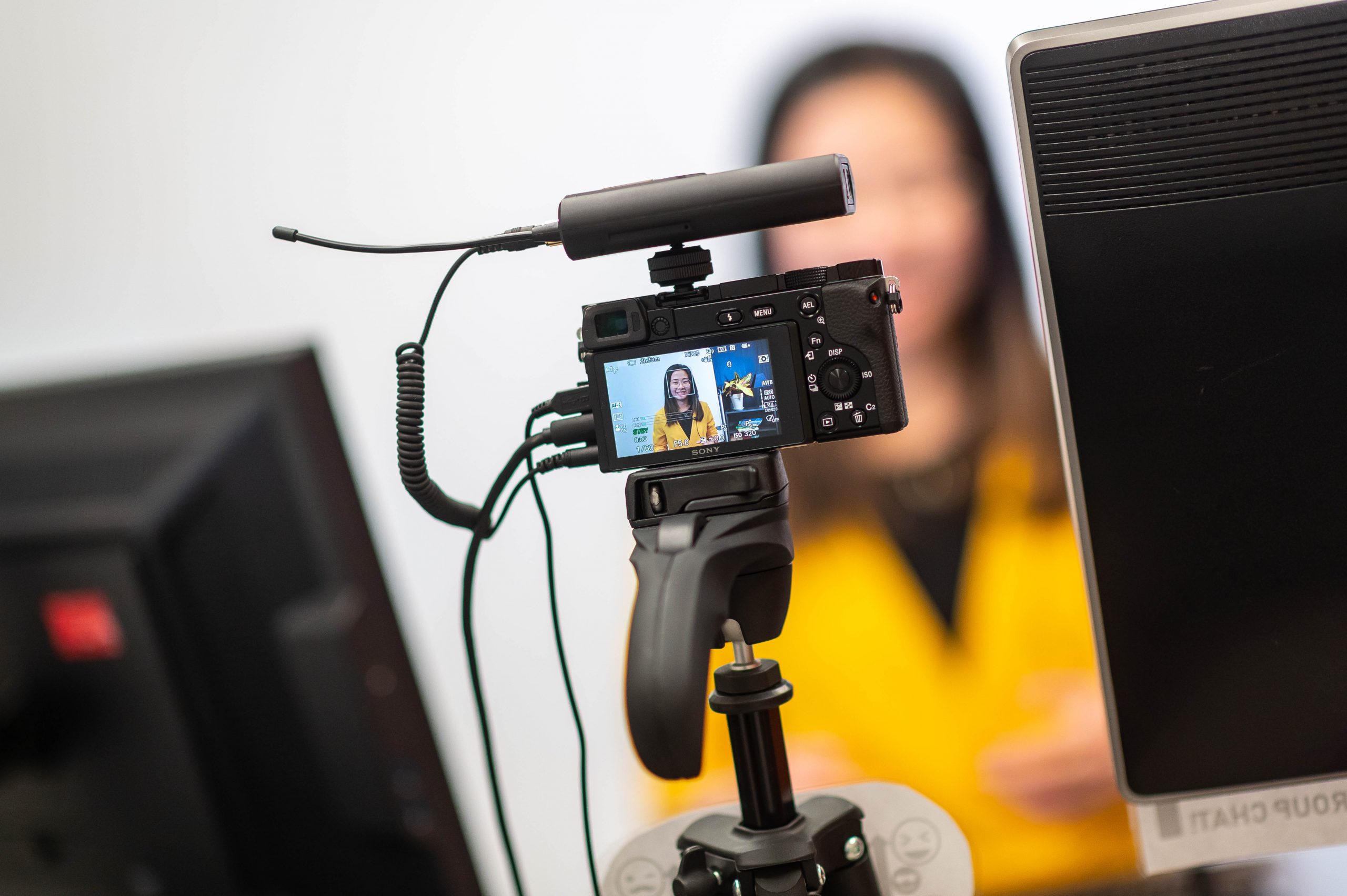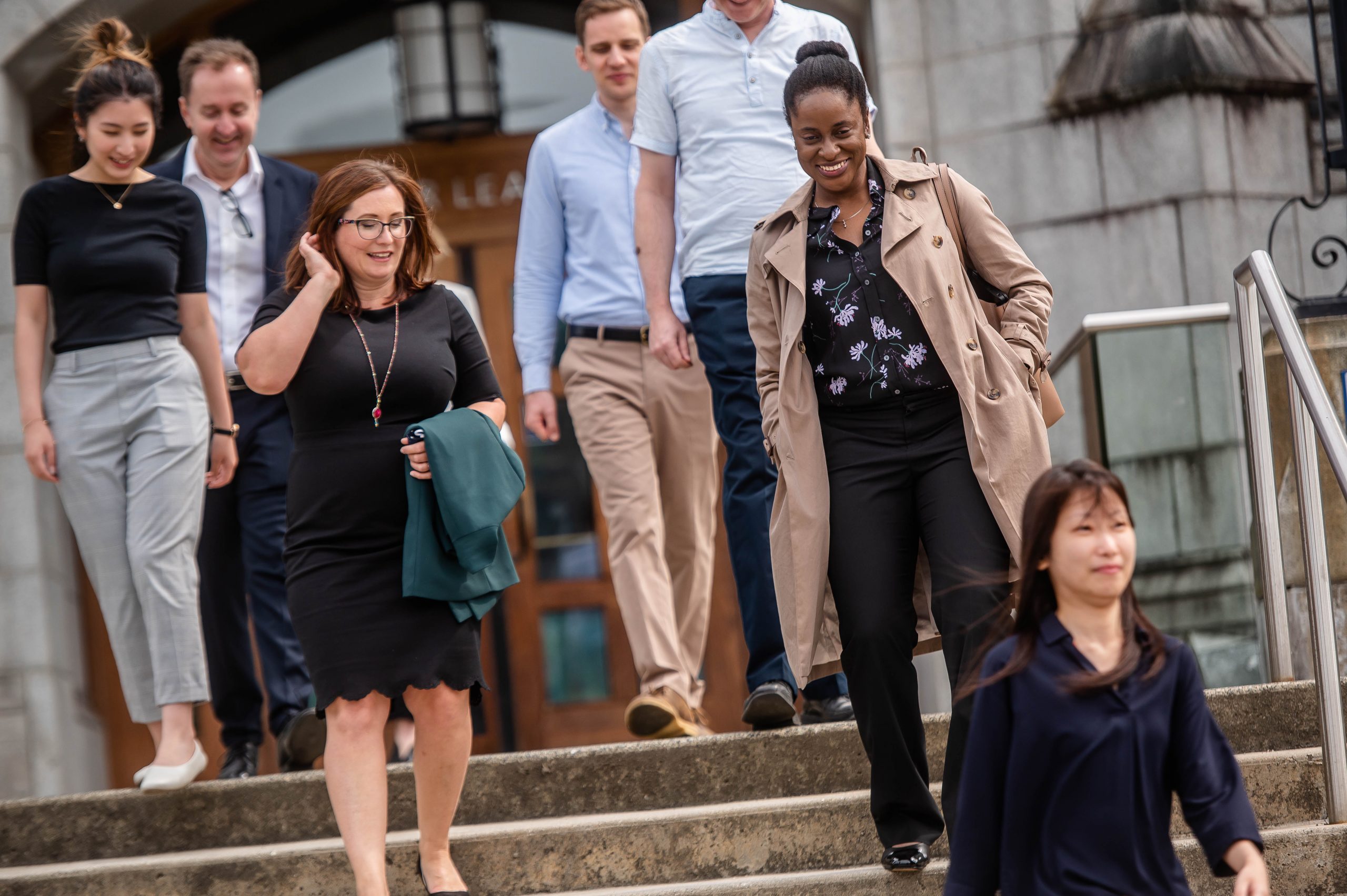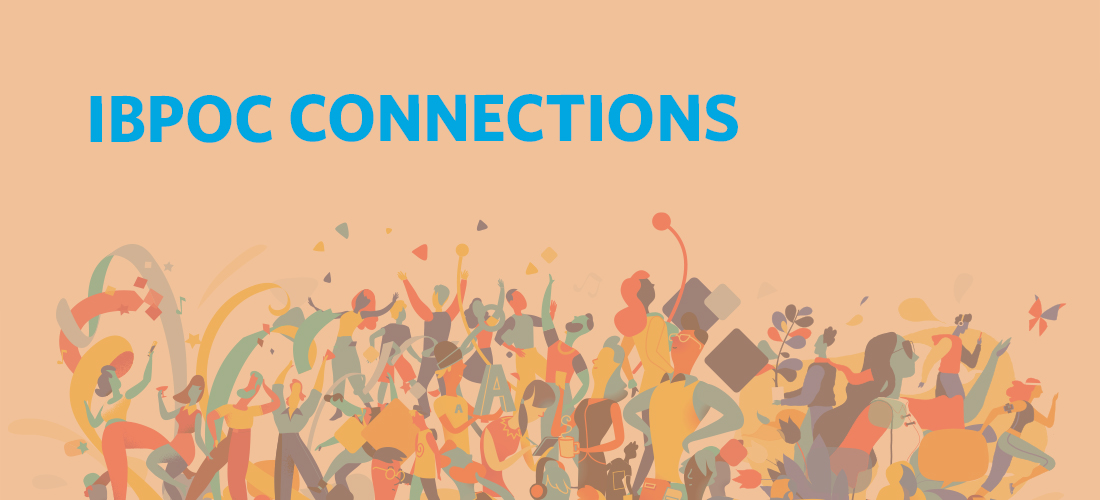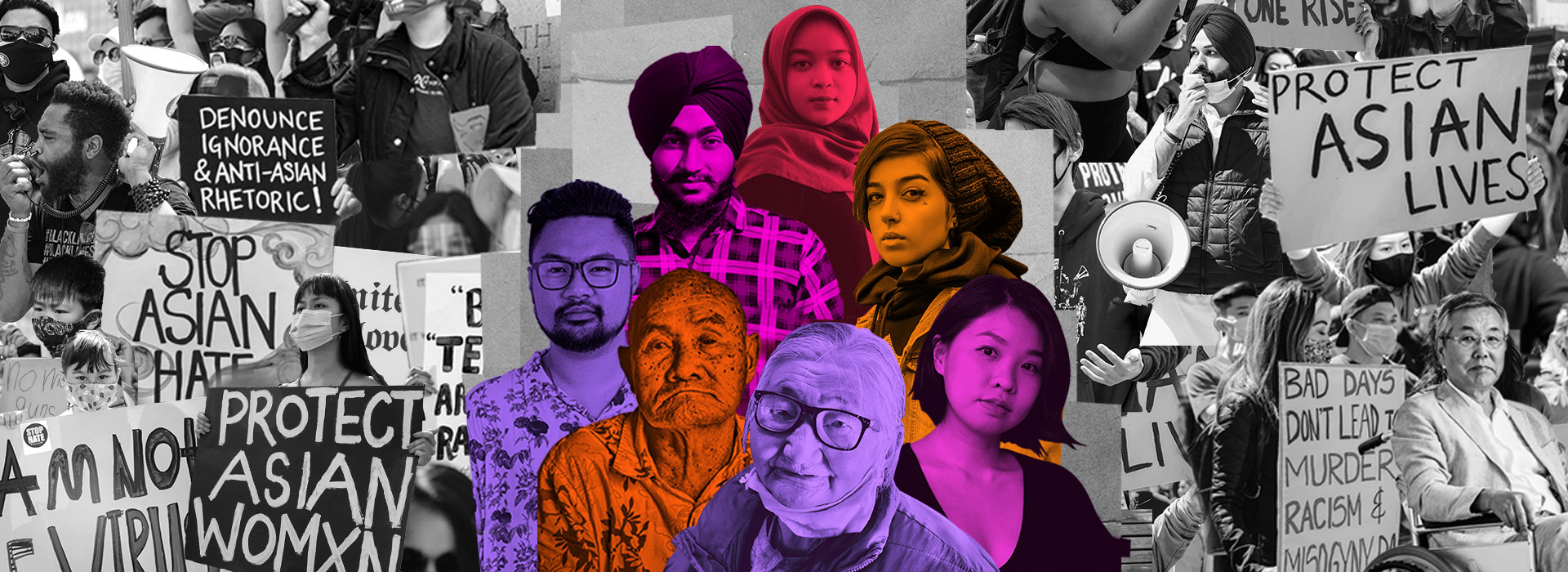
Today’s learning opportunities come in a variety of forms and styles, with something to suit every learner. At UBC, we encourage faculty and staff to further their professional and personal development by taking part in our learning opportunities.
Launched in spring 2020, the Workplace Learning Ecosystem (WPL) is a new central location for faculty and staff to browse, enroll, and track internal training, learning opportunities and programs including orientation, wellbeing, professional development and more.
Through WPL, faculty and staff can:
- Discover new learning opportunities available at UBC, including browsing by topic
- Register for workshops and courses offered by units across all campus locations
- Learn in-person (as available), online, or using a blend of both
- Track completed training records and any expiry dates
A year at a glance
In the first year of the WPL, there were 31,045 active users with 135,314 enrollments in learning opportunities with something for everyone. Those who recently joined UBC may be looking to enroll in the Welcome to UBC orientation or complete their mandatory training. Others may be interested in a particular topic area, such as wellbeing, and explore WPL for related offerings such as Mental Health First Aid or a self-guided course on wellbeing in the workplace.
Supporting learning needs
In response to community needs and interests, courses are continuously refreshed by learning providers. In the first year, 29 departments, programs and units were creating and delivering 762 courses and/or programs. All learning providers and administrators are invited to join a community of practice to share best practices in learning design and system use.
Earlier this year, the Workplace Learning team hosted the Tech Expo, a series dedicated to exploring technology enhancements compatible with WPL, such as Appointy and Articulate, and consider how others are using them. Recently, the community of practice was invited to participate in the Refreshments & Refinements series, a deconstructed conference event with community presentations held each morning for one week. Peer presenters shared how they align their courses to UBC strategic plans, frameworks and initiatives.
The Workplace Learning Ecosystem and its community of practice are one way that UBC is supporting faculty and staff to be creative and innovative and grow in their careers. Learn more about how we’re making UBC an inspiring place to work through Focus on People 2025.


 Endorsing the Government of Canada’s
Endorsing the Government of Canada’s 